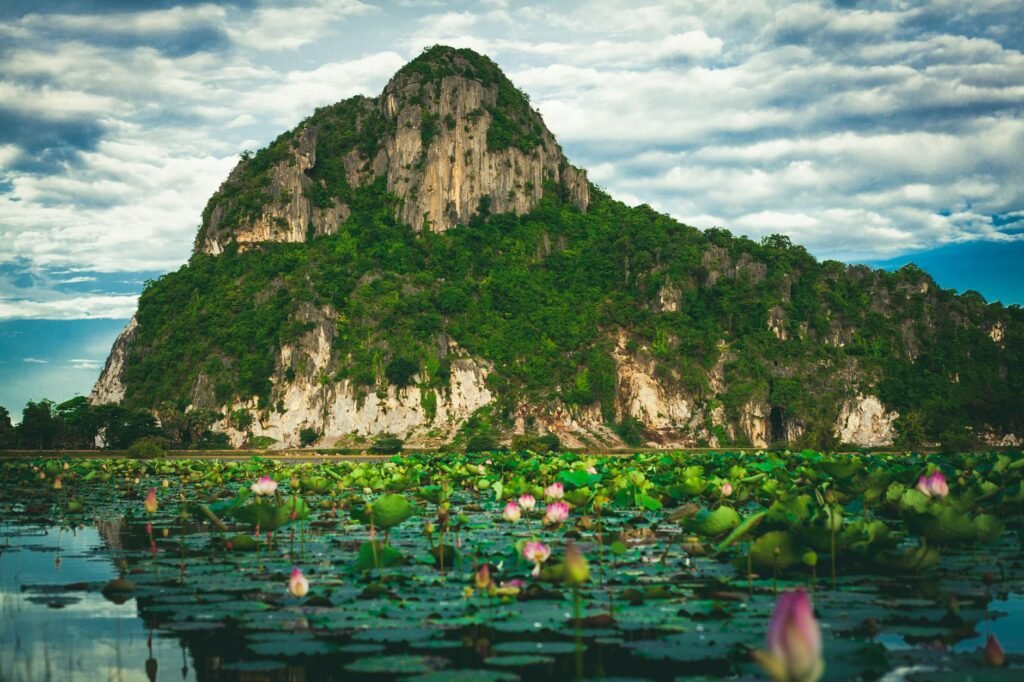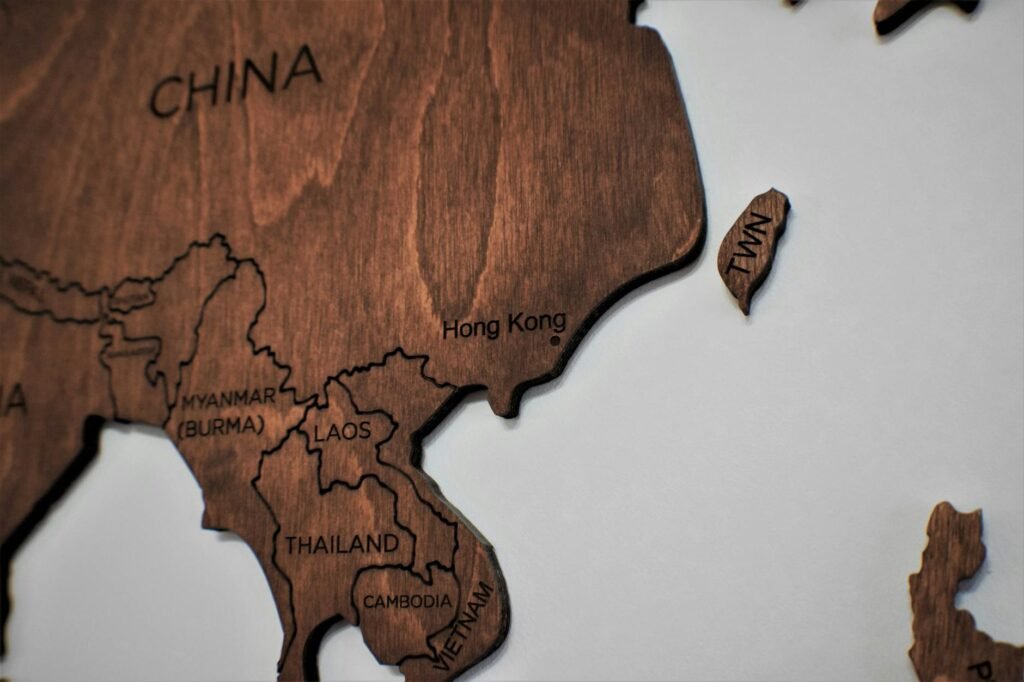The relationship between Thailand and Cambodia has historically been complex, marked by periods of cooperation and conflict. While there is no active large-scale conflict between the two nations as of late November 2023, understanding their past interactions is key to comprehending the present state of affairs. This post will explore some of the historical and contemporary factors influencing the relationship, though it is important to note that the situation is constantly evolving.
Historical Conflicts and Border Disputes
A long-standing source of tension between Thailand and Cambodia centers on border demarcation. Disagreements over land ownership, particularly around ancient temple complexes like Angkor Wat, have fueled disputes for centuries.  These historical disputes have often involved periods of military skirmishes and diplomatic standoffs, leaving a legacy of mistrust that continues to impact bilateral relations. For a deeper dive into the historical context, see this academic paper on the topic.
These historical disputes have often involved periods of military skirmishes and diplomatic standoffs, leaving a legacy of mistrust that continues to impact bilateral relations. For a deeper dive into the historical context, see this academic paper on the topic.
The Role of Nationalism
Nationalist sentiments in both countries play a significant role in shaping public opinion and government policy regarding the bilateral relationship. In Cambodia, the historical narratives surrounding Angkor Wat and its relationship to Thailand are often framed as narratives of Cambodian resilience against Thai aggression. This nationalistic discourse can make compromise on border issues politically challenging.  Similarly, in Thailand, nationalistic views may influence the government’s stance on these matters. Understanding these undercurrents is crucial to grasping the complexity of the situation.Learn more about nationalism and its impact.
Similarly, in Thailand, nationalistic views may influence the government’s stance on these matters. Understanding these undercurrents is crucial to grasping the complexity of the situation.Learn more about nationalism and its impact.
Economic Interdependence and Cooperation
Despite historical tensions, Thailand and Cambodia share significant economic ties. Trade, tourism, and investment flows between the two countries are substantial, creating a degree of interdependence. This economic cooperation acts as a counterbalance to historical animosities. Increased tourism from Thailand boosts the Cambodian economy, for example, as reported by the Khmer Times. However, economic factors alone cannot fully resolve the underlying political and historical issues. [IMAGE_3_HERE]
Contemporary Diplomatic Efforts
In recent years, both governments have made efforts to improve diplomatic relations. Regular high-level meetings and collaborative initiatives on issues such as regional security and economic development aim to foster greater cooperation. While progress has been made, significant challenges remain, and the success of these efforts depends greatly on the political climate in both countries. Read more about current diplomatic initiatives.
Environmental Concerns and Shared Resources
Both Thailand and Cambodia share important environmental concerns, such as water resource management in the Mekong River basin and protection of biodiversity. Collaboration on these transnational environmental issues presents an opportunity for increased cooperation and a potential pathway toward strengthening bilateral relations. This shared concern could also foster a sense of shared destiny, moving past historical grievances. [IMAGE_4_HERE] See the Mekong River Commission website for more information.
Conclusion
The relationship between Thailand and Cambodia remains complex and dynamic. While periods of conflict have marked their history, economic interdependence and diplomatic efforts indicate a commitment to a more peaceful and cooperative future. However, addressing historical grievances and navigating nationalistic sentiments remain major challenges. Ongoing dialogue, mutual respect, and a commitment to finding solutions for the benefit of both nations are vital for sustained stability and cooperation.
Frequently Asked Questions
What are the main sources of conflict between Thailand and Cambodia? Border disputes and differing historical narratives are primary sources of tension.
Are Thailand and Cambodia currently at war? No, there is no active large-scale conflict between the two nations as of late November 2023. However, historical tensions persist.
What role does economics play in the relationship? Economic interdependence creates incentives for cooperation, but it doesn’t fully resolve underlying political issues.
What diplomatic efforts are underway? Both governments are engaging in regular high-level meetings and collaborative initiatives to improve relations.
What is the future outlook for Thai-Cambodian relations? The future depends heavily on continued diplomatic efforts, addressing historical grievances, and fostering mutual understanding.